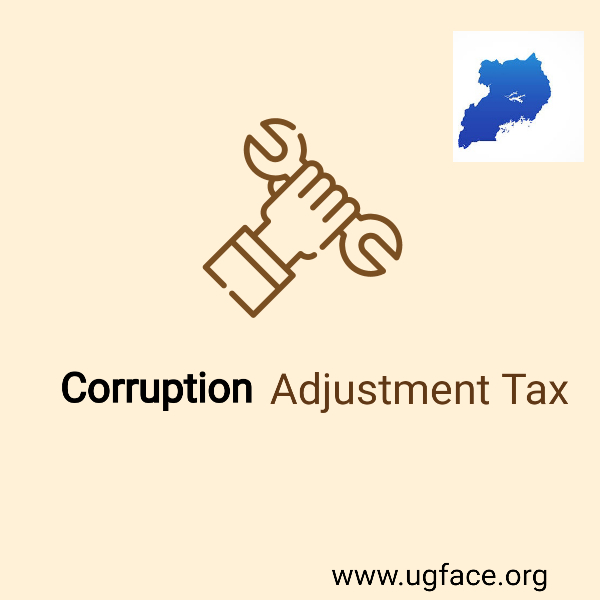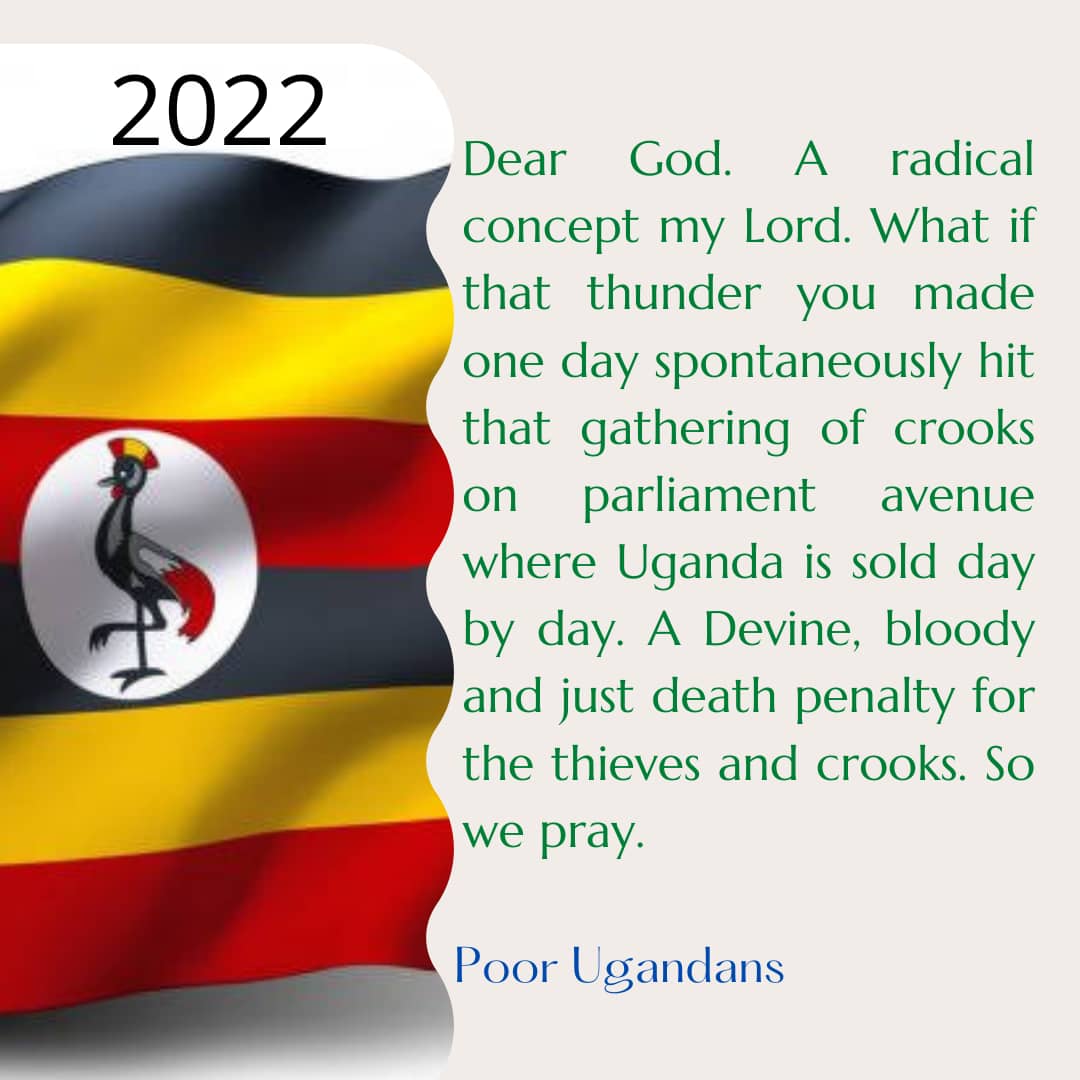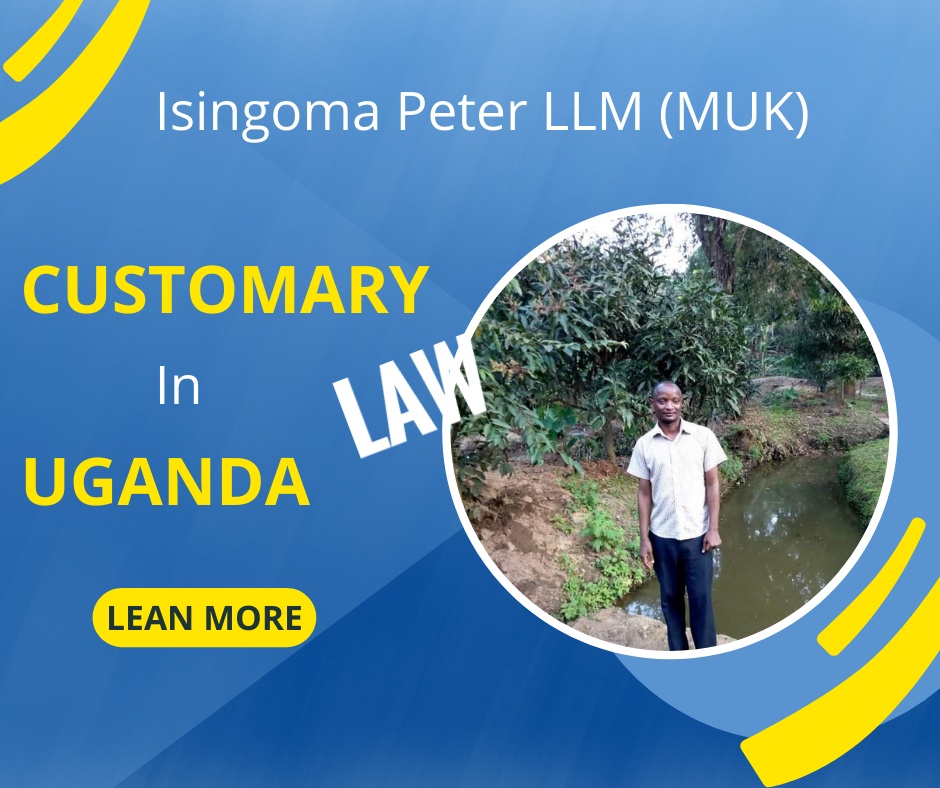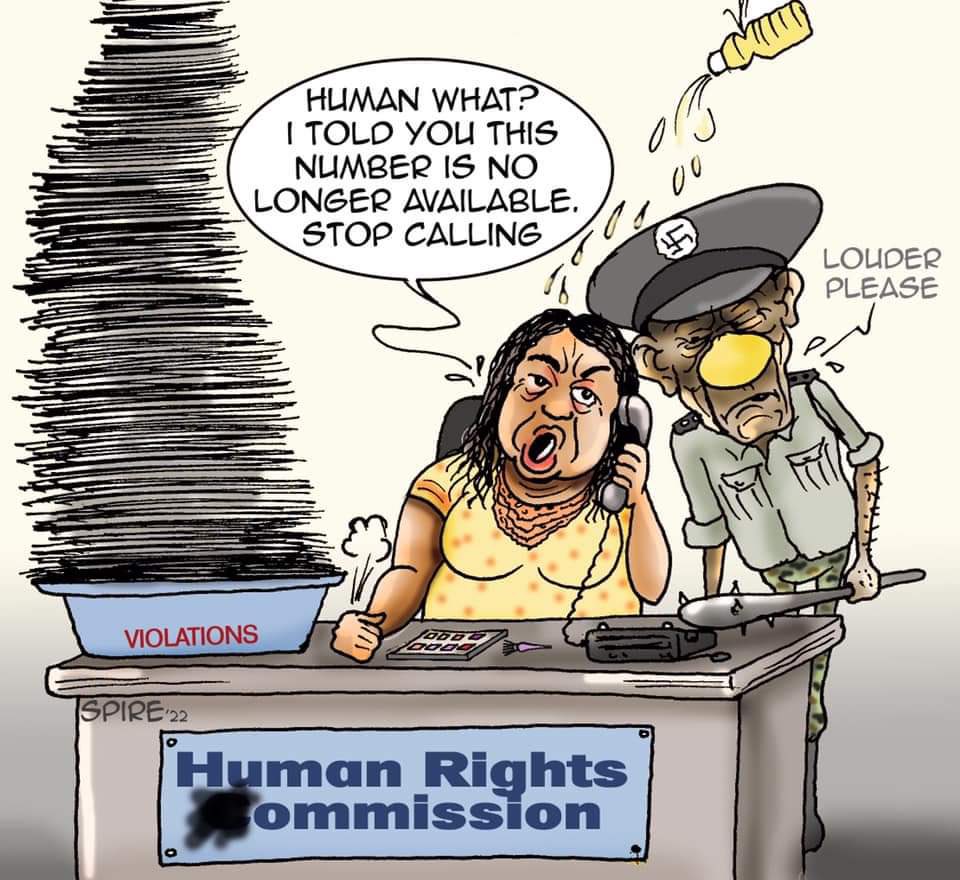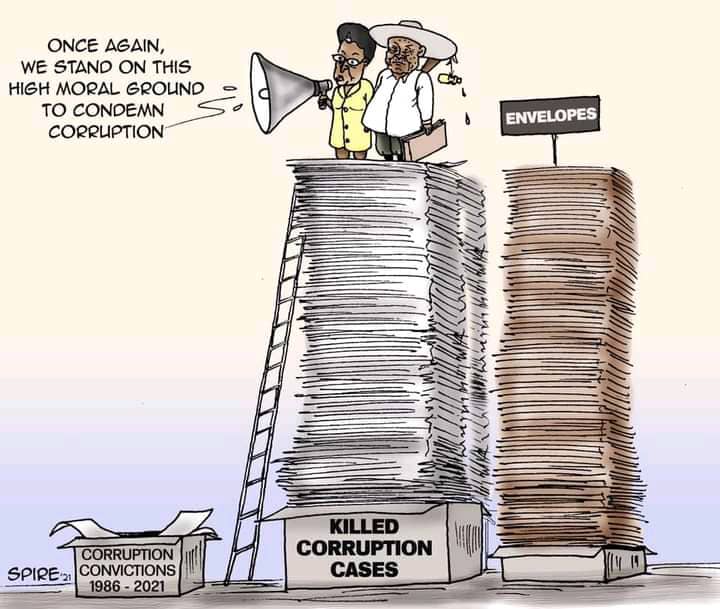How to recover your property that you registered in the names of your wife or children in Uganda. The principles of constructive and resulting trusts in Uganda.
In Uganda many men and women during time of joy, happiness and love transfer properties to their spouses, children and relatives. Sometimes it is because they are blindfolded by love and some other times...


